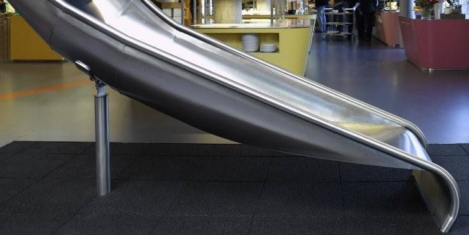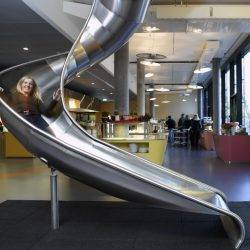August 18, 2017
Board buy-in is key to closing employment gap for disabled people in workplace

There continues to be a significant gap between the employment rate of disabled people and the rest of the population; according to the Office for National Statistics, just 49 percent of disabled people of working age are in employment. This is why getting genuine buy-in from the top is key to improving levels of disability disclosure and helping to facilitate requests for workplace adjustments. That was the conclusion of a recent round table hosted by the Recruitment Industry Disability Initiative (RIDI) which also found that while some HR and diversity specialists are sceptical about the level of support available from senior leadership teams, once the topic is brought to the attention of the board, the response is often overwhelmingly positive. Practical ways in which leaders can bolster disability initiatives shared at the event include; identifying disability champions within the business who can communicate their own stories, implementing unconscious bias training, instigating & reverse-mentoring initiatives where senior managers are partnered with disabled colleagues and leading by example by being open about their own disabilities.



















 An increase in the number of UK-born employees leaving the UK’s workforce, either through retirement or emigration is coinciding with a shrinking pool of younger workers, which a fall in immigration can no longer fill, a new report warns. An analysis of the UK’s workforce showed that the UK’s workforce grew in 2016-2017 only because of an increase in EU and non-EU workers.
An increase in the number of UK-born employees leaving the UK’s workforce, either through retirement or emigration is coinciding with a shrinking pool of younger workers, which a fall in immigration can no longer fill, a new report warns. An analysis of the UK’s workforce showed that the UK’s workforce grew in 2016-2017 only because of an increase in EU and non-EU workers. 













August 17, 2017
How workplace design shapes and reflects organisational hierarchies
by Angela Love • Comment, Facilities management, Workplace design
(more…)